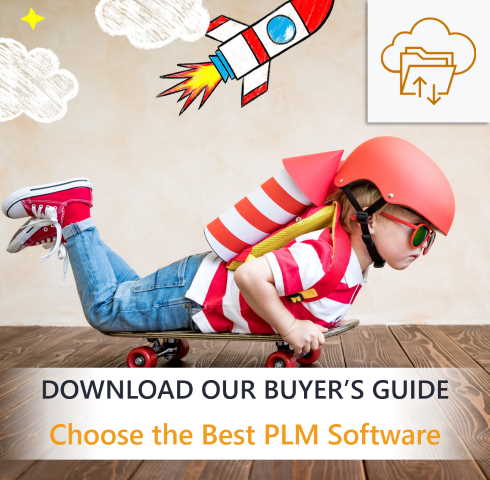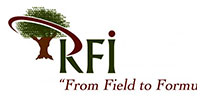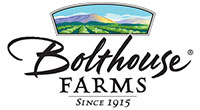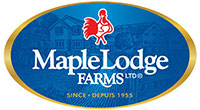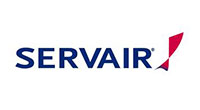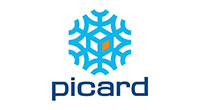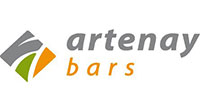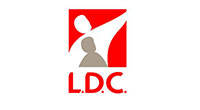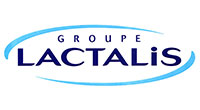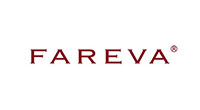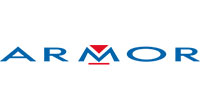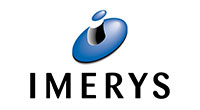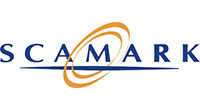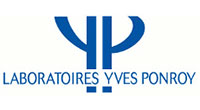
With the digitalization of mostly everything, companies have followed by reviewing their information systems and beginning their digital transformation.
Since the early 2000s, cloud computing, or “remote data center”, has impacted organizations by bringing flexibility and reducing costs.
What are Cloud and SaaS?
Cloud computing is the delivery of on-demand computing services (networks, servers, storage, applications), over the internet. There are two aspects of cloud computing:
- Access to resources that are remotely administered, allocated according to user needs
- Paying for what users actually use
This technology takes its origin from the time-sharing system of the 1960s (that enabled many people, located at various terminals, to use a computer system at the same time) and the network computing and grid computing of the 1990s. Its adoption by a large number of companies is related to the availability of reliable open source software like free email services (Gmail, Yahoo mail, etc.).
Basically, companies using cloud computing rent access to applications, storage or processing power. That way, they avoid upfront costs and the complexity of owning and maintaining their infrastructure.
Nowadays, provided it doesn’t need to be physically close to the computer hardware that firms are using, a service can be delivered via the cloud.
SaaS, Software-as-a-Service, means leasing access to a software and its maintenance for a defined period. Upgrades or fixes are managed by the software provider, which reduces the need for an IT infrastructure: all data is readily available in real time, on one centralized platform.
According to an IDC research, CRM (Customer Relationship Management) and ERM (Enterprise Resource Management) applications will account for more than 60% of all cloud application spending through to 2021. SaaS is today at the origin of nearly 90% of Cloud global revenues.
According to CIMdata survey in 2018: “80% of our respondents are using one or more cloud-based enterprise solutions”.
The adoption of SaaS Solutions
Cloud Computing and therefore, SaaS solutions, took some time to be adopted out of fear of security breaches or lack of data privacy. The idea of putting data in “the cloud” frightened companies. They thought that an in-house system managed by an internal team was more secured than a provider’s engineer-monitored system dedicated to protecting the infrastructure.
With the development of high-speed internet connections and modern technological features like virtualization and cloud-based scalability, SaaS providers have been able to counteract companies’ concerns by creating a new instance for each customer.
“In SaaS, providers develop their own applications and operate a multi-tenant infrastructure model. While users access the same code base, their data and customized interfaces are kept separate from one another.”- Smartbear.com.
Today SaaS is everywhere: Salesforce, Oracle and SAP were pioneers and leaders in B2B solutions; Dropbox and nowadays, Netflix and Amazon Prime are among the leaders in B2C.
Why SaaS in food and beverage industry?
Food and Beverage manufacturers and distributors must track and manage all data during the full lifecycle of their products and deal with a more and more digitalized and global market.
Several surveys indicate clearly that cloud and SaaS solutions have seduced the market:
- According to an IDG study, seventy-three percent of organizations have at least one application or a portion of their computing infrastructure already in the cloud[1].
- The Business Research Company[2] evaluates the SaaS market growth to USD 220 billion in 2022 (from 134 billion in 2018).
With on-premise custom-made software, the cost (expense and time) of keeping the system up to date is high.
SaaS solutions guarantee that a system will always be up to date and ready for the years to come without any major investment. Food manufacturers need to refer to specific information like procedures, work instructions and the latest standards or regulations. Upgrades, managed by the providers, are usually the results of feedback from users driven by changes in industry requirements: this adaptive approach helps firms to embrace opportunities today while being relevant tomorrow.
There are multiple advantages linked to SaaS: a wide range of applications, easy integration and flexibility are just a few of them. It allows cost and team rationalization with no additional IT investment. It also provides superior security options thanks to upgrades, backups, and security patches managed by experts. And with all data being stored in the cloud; it is possible to achieve an economy of scale (adjust the number of users to the growth strategies without thinking about changing hardware). Finally, by moving from “on-premise” to “on-demand” solutions like SaaS, firms can move from CAPEX to OPEX and therefore optimize their balance-sheet. Companies gain flexibility because expenses are foreseeable thanks to SaaS “pay as you use” structure and business units can more easily take ownership of budgets.
Food and Beverage manufacturers can focus on their core business and let SaaS providers deal with IT management, data security and updates.
Download our brochure to know more about Aptean PLM Lascom Edition
Sources :
- What is cloud computing? Everything you need to know about the cloud, explained, ZDNET– 13/12/2018
- 2018 Cloud Computing Survey, IDG – August 2018
- Où en est-on du développement du SaaS ?, expérience B2B – 17/01/2020
- Global Software as a Service (SaaS) Market 2019-2023 | Increasing Use of Vertical SaaS to Boost Growth, Technavio – 26/11/2019
- Cloud the New Recipe for Success for Food and Beverage Companies, Netsuite Blog – 08/07/2015
- Why SaaS and Food Safety Are A Perfect Match, Food Safety Tech – 11/09/2018
- What is SaaS? A History of Software as a Service, Procure here – 07/06/18
- The History of SaaS, Bebusiness


